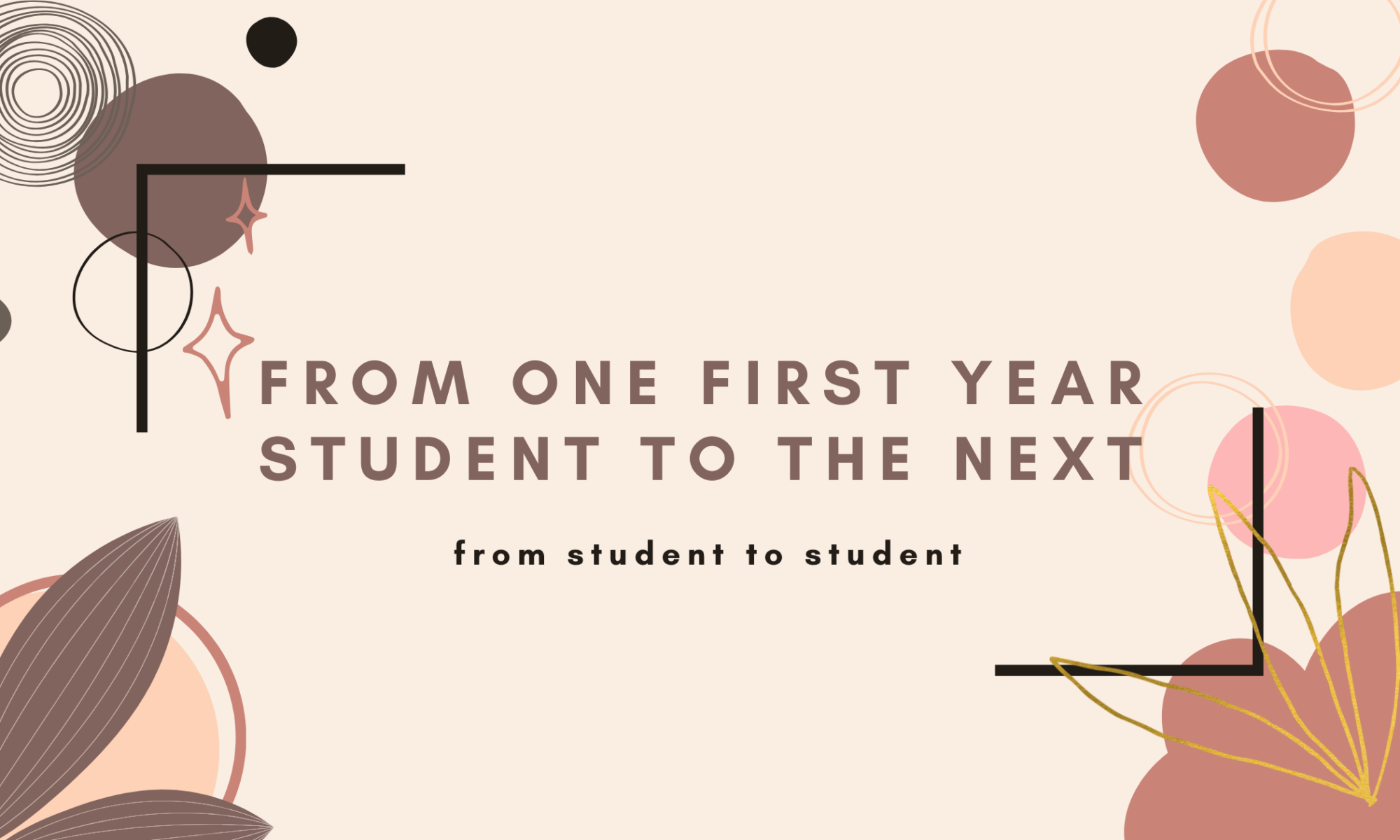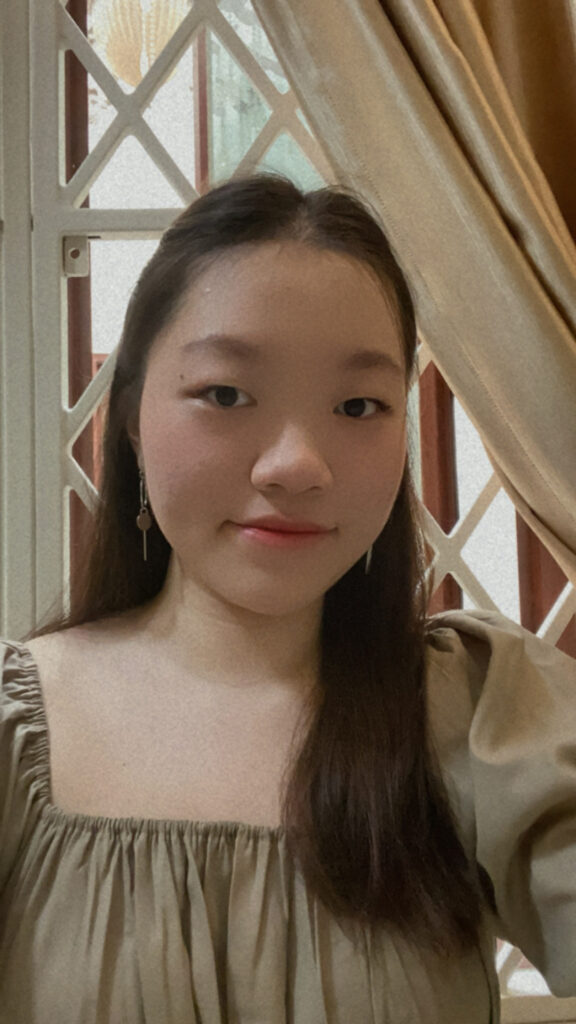
By: Caroline Elaine
I’ll give you a little teaser of your first year at Newcastle University if you’re planning to study at BNS school.
When I was giving the offer holders’ students a tour of the school, I noticed that some of the questions they asked were quite similar. For example, how are the lectures, what modules are we studying, and so on.
Therefore, I’ll go over some of the things I believe you should all know. Hopefully, after reading this, you have a better idea of how your first year of university will go. Okay, let’s get started!
Modules
What modules do we have in the first year? For the first year within the BMS umbrella of degrees, we all share the same modules from the biomedical sciences, biochemistry, biomedical genetics, physiology, and pharmacology. This is because you can get a taste of everything and decide whether you want to stay in the same degree or switch to a different one e.g. to biochemistry or pharmacology.
I am studying biomedical sciences now and the modules I have for the first year are cell biology, biochemistry, genetics, and practical skills for semester 1. For semester 2, I have microbiology and immunology, physiology, pharmacology, and practical skills.
Lectures
Given that all five majors share the same modules for the first year, you can imagine how many students there are in total (there are a lot of students; in my year, there are more than 300). As a result, we can only use two of our school’s largest lecture halls that can accommodate that many students: the David Shaw lecture theatre and the RB. Green lecture theatre.
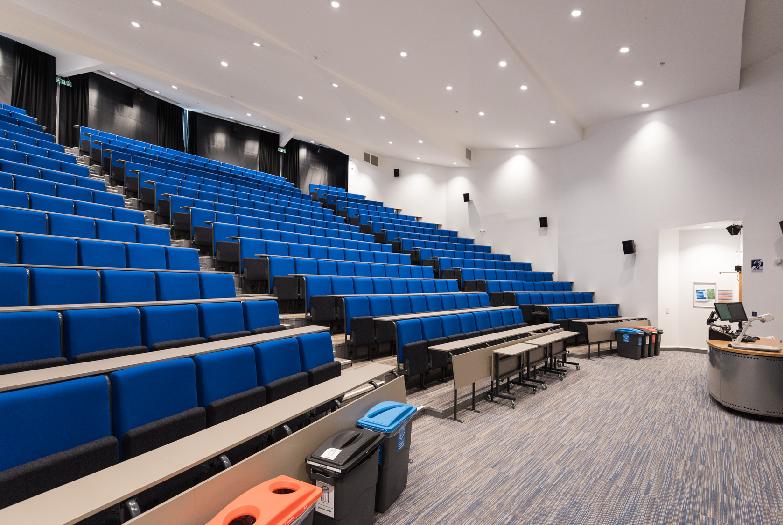
David Shaw Lecture Theatre 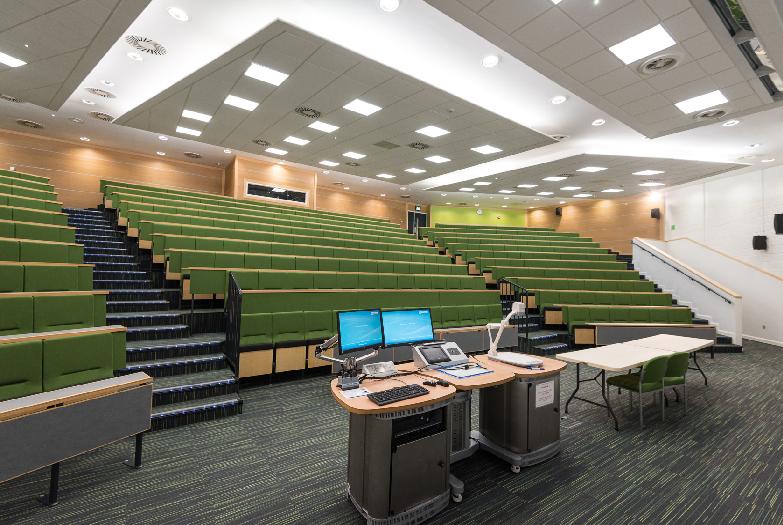
RB Green Lecture Theatre
There are approximately 10-15 lectures being held every week. Sometimes maybe less than that or more than that. In addition, we have practicals at the laboratory at least once/twice a month (remember to always bring your lab coat and goggles to the lab, they will be given to you at the first practical you have).
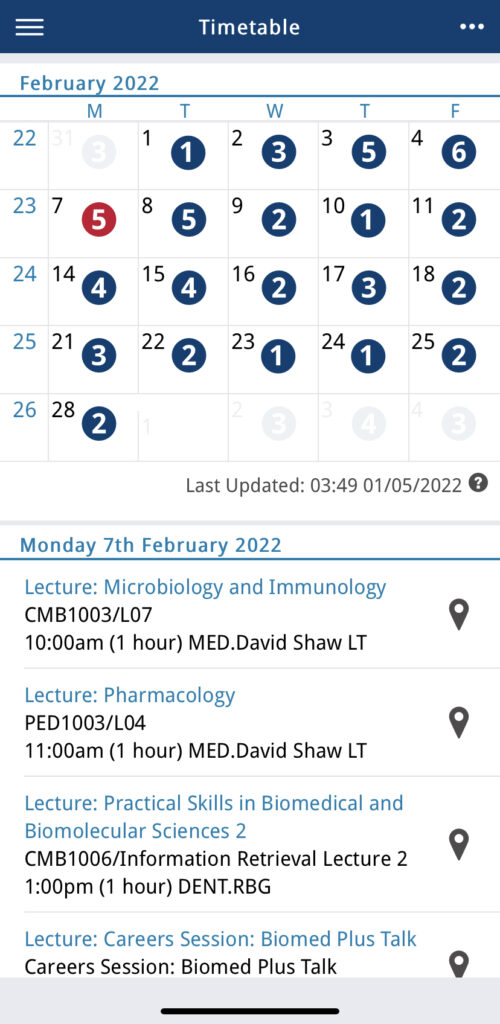
Are you worried that you cannot catch up on taking notes during the lecture? Don’t worry! Each lecture will be recorded and posted a few days after it takes place. Please, however, do not always rely on the recap to the point where you don’t listen to the lecture during class or even don’t attend class (attendance is important!)
Lab Practicals
The lab practicals give you hands on experience of the lecture content you are learning and are in smaller sized classes. You get to work with lab partners and meet other students from your course. You also get a demonstrator (a PhD student) at your bench so you can get help and ask them questions. Of course – you also have the lecturer in the practical to help too!
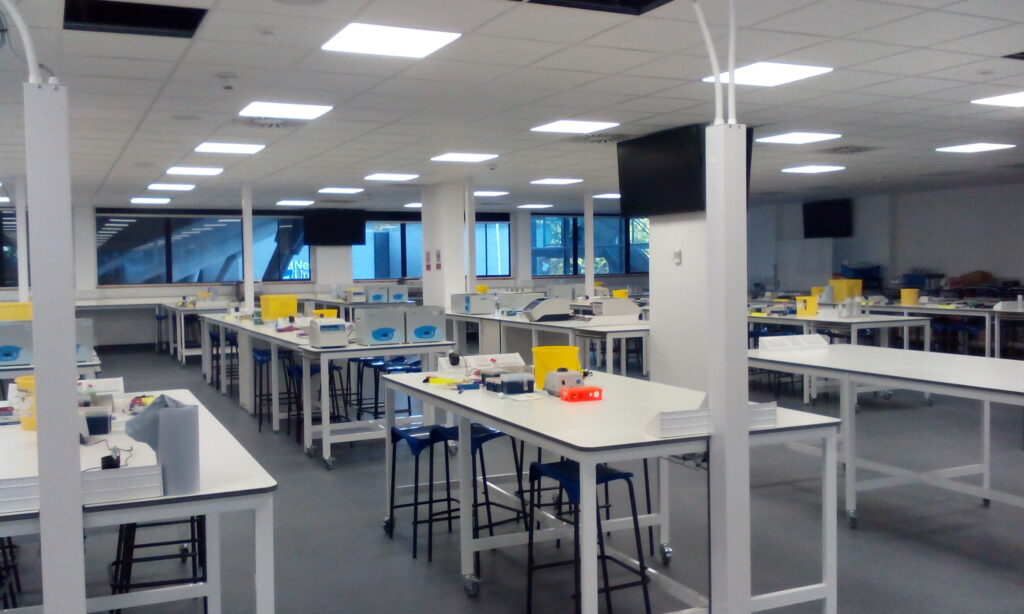
Seminars
Seminars are interactive sessions in which you will discuss some questions related to the lectures you are currently studying. This session will take place in a smaller classroom with approximately 25 students per class. Each module has 2 or 3 seminars and are a great way to learn lecture content in more detail, ask any questions you may have and meet more people on your course.
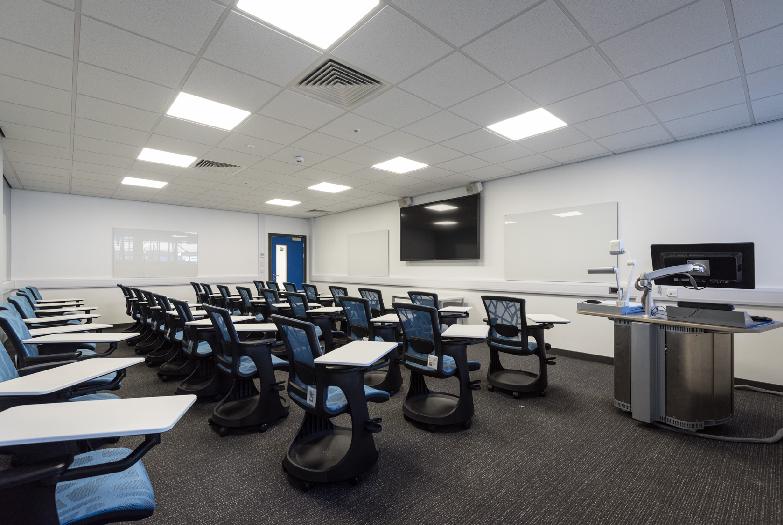
Your seminar can be held in several places. The most frequent seminar rooms we use are the ones in the Leech building. Then you can also have your seminar in Ridley 2 Building or Dame Margaret Barbour Building (DMBB).
Exams & Assignments
You will have multiple choice questions exams on each module that you have learned so far near the end of semesters 1 and 2. If there is no unforeseen event that could cause the exams to become online, you will have offline exams. My semester 1 exams were online due to the rise in the Covid cases. That’s why my Semester 1 exams’ questions were a mixture of multiple-choice and fill-in-the-blank questions. I also had a practical exam in which I had to perform the laboratory skills that I had learned so far, such as pipetting, weighing molecules, and so on.
There will also be assignments given to you. For semester 1, I had to complete 1 essay and 1 lab report while in semester 2, I had to finish 1 essay, 1 lab report, and a group oral presentation. Just a reminder for you, you need to be good at managing your time so you can catch up with all these.
Timetable
All lectures, seminars, exams, and practicals are available through the Newcastle University app, which requires your university username and password (they will be given to you at the beginning of semester 1).

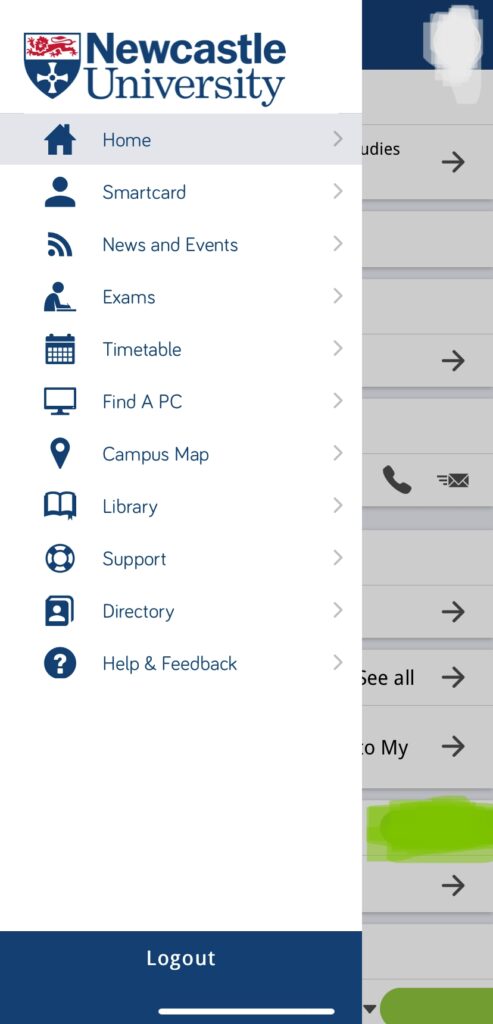
Now that I’m almost finished with my first year, I’d like to share my thoughts on it. In my honest opinion, no matter what year you are in, university life is no walk in the park. It’s difficult for the first year because you’ve just moved to a new place, and you need time to adjust. Aside from adjusting to a new environment, you’ll also need to socialise, attend lectures, study, complete assignments, and make time for yourself to relax. So, in the first year, I would say mostly it’s about adapting.
I’m an international student so coming here is a whole different journey. From getting the visa to finding accommodation in Newcastle, traveling across the world during Covid, being quarantined for 11 days in a hotel in London, and finally arriving in Newcastle, I went from a non-English-speaking country to an English-speaking country. Easy? Of course not. Did I enjoy it? Very much. Do I recommend this to other people? Yes, but also it depends on the person’s personality.
For me, this is my journey to adulthood, getting out of my comfort zone, having new experiences, seeing things from a different perspective, and so much more.
These things mentioned above may appear to be a lot, but don’t worry, you will do them step by step, and the university staff and lecturers will assist you or find someone who can help you if you have any questions or doubts.
So, hopefully, you get to know some previews of things that are going to happen in your first year. Don’t worry too much about it, remember also to take a break, and enjoy your university life!
You can also check out our university website for more information.

